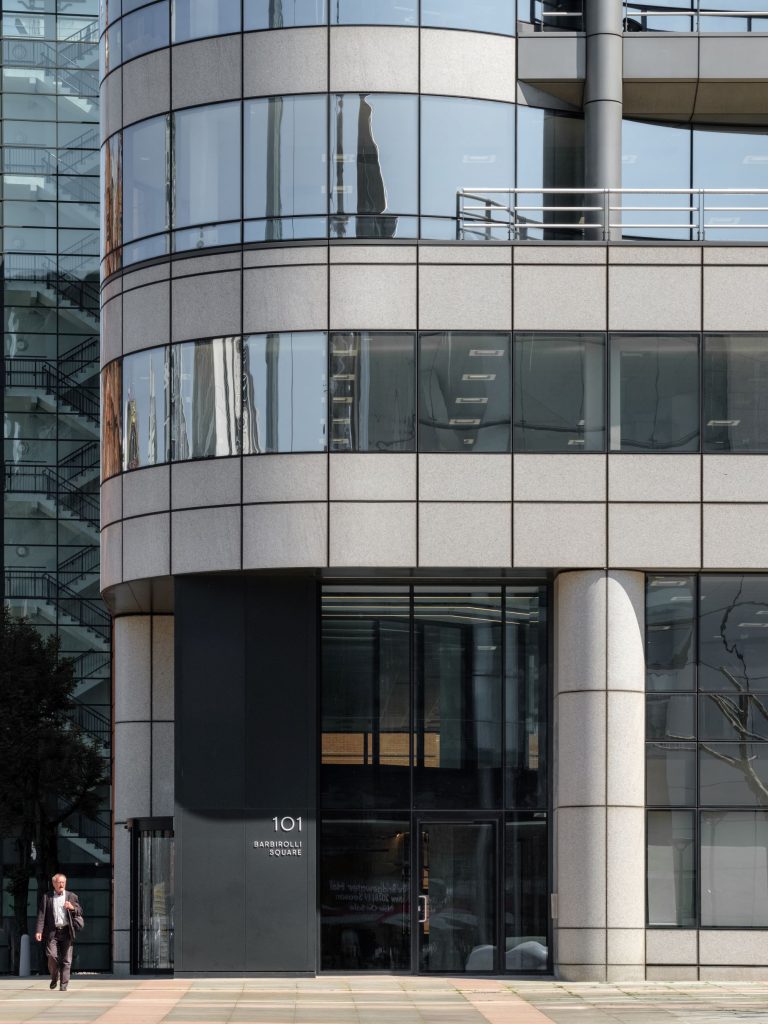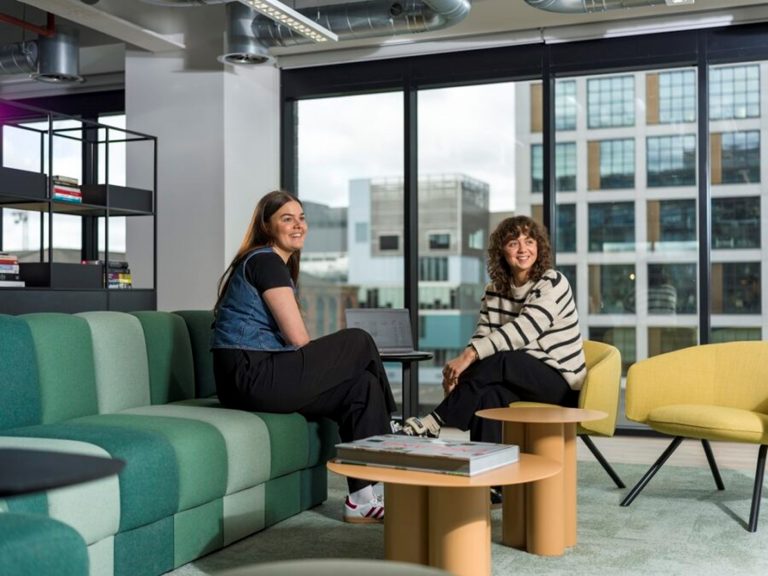Decisions, decisions
Will Lewis | 06 September 2018
How many times do you hear people say that the property industry is a “people business”? It’s something we’ve heard a lot of over the years, but we’re inclined to think that in many cases, those saying it are thinking more about the social aspects of the professional community – how getting on with people, being ‘clubbable’ or a good networker are seen as key.
All true enough, but for us it doesn’t address the concern that a lot of the property industry isn’t yet getting to grips with how technology can help them engage with businesses beyond providing a space to work from, pretty much forgetting about them once the deal is done and the company has moved in. There’s an inherent “them and us” approach.
The people that are moving things forward in the industry, however, understand that the role of a property provider can be every bit as much service provider beyond “just a building”. By using some smart, well-built software, and using the data that property providers are well-placed to gather, you can build business communities – environments that support businesses in their growth, in strengthening their brand, and to build the networks they need in an intelligent way.
When it comes down to it, this is about harnessing technology to help people make better-informed decisions from both a work and social perspective.
The likes of WeWork realise how a customer app adds an additional layer of value, adding to the WeWork community as people are able to connect globally. Providers can use their knowledge to make better informed decisions around space and further tailor events and offers to people.
Why is community so important? Because, really, everybody wants to be a people business. Social and professional events are part of this, but the various other bits of information you gather about people in your day-to-day environment.
Purely from the perspective of property owners and advisors, community’s important because it helps retention. In an increasingly footloose tenant market, where fewer and fewer companies are signing for the long lease terms of old, building loyalty to something is vital. People need variety in their working life, and they want engagement, and technology can make that much easier.
Data allows you to bring people together, to tailor events and give people what they want, cutting out the white noise. Another angle of this is “a building as a brand” – the power of being based in a location that immediately announces your business as forward-thinking, on the ball, willing to give its staff a people-focused environment.
The co-working model is maturing rapidly, in some cases co-working providers are proactively managing their customer rosters so that competing businesses aren’t located together – a soft-touch approach in creating a broad business ecosystem.
If landlords or providers are doing it right, they’re not seen as the firm that an aspirational business will grudgingly fork over its rent to, but as a tool to be used, a brand to be leveraged, someone who can facilitate the various things companies need – advice, connections, insight, network-building.
The right location allows a business to achieve its goals: strengthening a message, improving perception, building community. Data is king and by harnessing it intelligently property firms can and should do more, or risk getting left behind.


